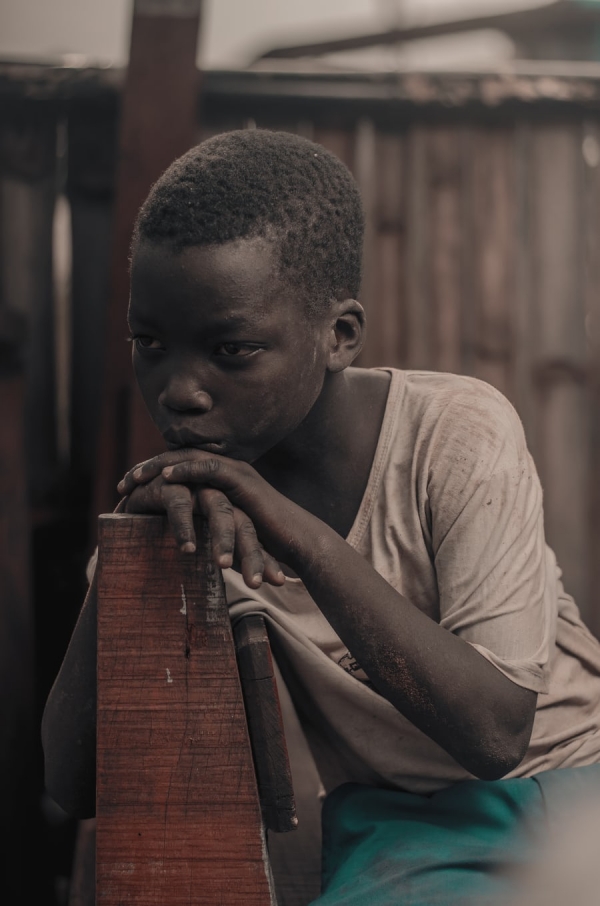In the latest Situation Report by the United Nations Office for Coordination of Humanitarian Affairs (OCHA), the new conflict dynamics in the Central African Republic (CAR) have caused the highest level of humanitarian emergency since 2015. The Humanitarian Needs Overview 2022 published some findings from a joint multi-sectoral analysis and a consultation effort undertaken by the humanitarian community with people in need.
In particular, in 2022, 3.1 million Central Africans will need humanitarian assistance and protection (63%). Gender-based violence (GBV), especially sexual violence, has recently reached particularly worrying levels. During the first nine months of 2021, 1.7 million people received lifesaving, multisectoral assistance - an increase compared to the 1.6 million people assisted in all of 2020. The threat of explosive devices continues to increase in the Central African Republic: at least 23 civilians were killed between January and November 2021. Moreover, the sectors with the largest number of people in need in 2022 are water, hygiene and sanitation (WASH); medical care; protection; and food security, with between 2.4 and 2.8 million people needing assistance to access basic services and goods essential for survival.
From January to December 2021, many incidents affected aid workers. 366 incidents were recorded, compared to 424 in 2020. As for internally displaced persons (IDPs), the total number of IDPs increased by 5,300 people from October 2021 to November 2021. Sexual violence has also assumed alarming proportions. In particular, 6,336 GBV cases have been recorded between January and July 2021, an increase of 58% compared to the same period in 2020. Beyond all this, the CAR conflict has also led to the collapse of infrastructures. For instance, only 2.5% of the country’s roads are paved and the old infrastructures are still unsafe. The Covid-19 pandemic exacerbated the situation of a country already ravaged by conflict and underdevelopment. Generally speaking, the health system is barely functioning. In this vein, 70% of health services are provided by humanitarian organizations and over 2.5 million people, which is half the population, are in need of assistance. Therefore, challenges are multiple. Humanitarian and development organizations have provided comprehensive responses to these challenges since 2020. Nearly 553.6 dollars were allocated to Covid-19 response. As a result, humanitarian partners improved access to health care for 938,000 people in 2020 and made access to water and sanitation possible for 770,000 people, including many IDPs.
Alarm bells sound also in the face of food security. Despite CAR being a fertile country, where it rains abundantly and the soil is rich, one every two people still goes hungry. The Food Security Cluster calls for action against food insecurity and malnutrition. The food sector requires 22,5 million dollars to provide full food assistance for three months for 250,000 people. What is needed is a long-term solution including sustainable measures to manage malnutrition and promote good feeding practices for infants and children.
The Humanitarian Response Plan 2021 intends to meet the needs of the CAR population by providing an inclusive and protective response to 1,84 million people. It will primarily target people affected by shocks linked to violence and natural hazards. The plan aims to achieve three strategic objectives to address some of the most critical humanitarian consequences identified in the Humanitarian Needs Overview. The response will pay attention to the voices of women, people with disabilities and the elderly with their vulnerabilities.
To read more, please visit:
https://reports.unocha.org/en/country/car/
Author: Valentina Di Carlantonio







